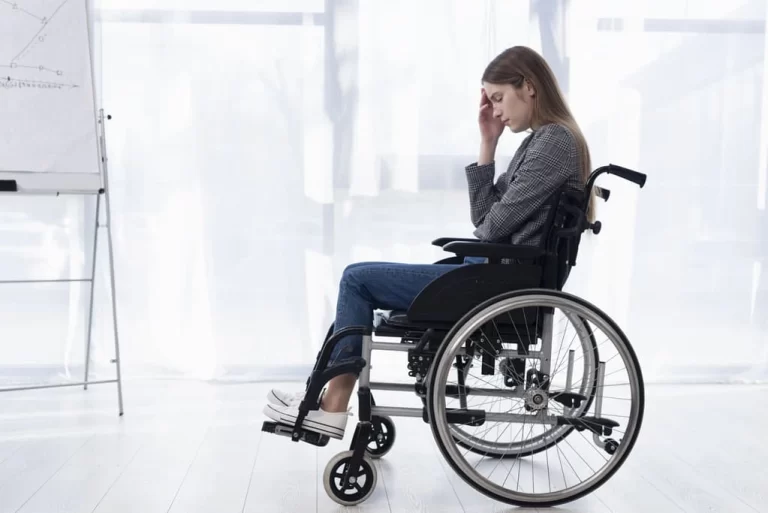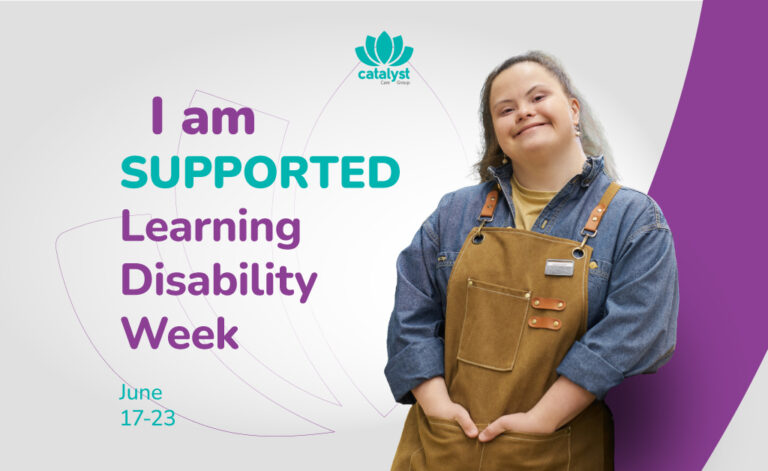For people with a learning disability, autistic people, or people with mental ill-health, it can often be the case that the care and treatment require a hospital stay.
Through intensive research and patient stories, we are learning as a society that these environments are often detrimental to people’s well-being.
The average inpatient stay for somebody with a learning disability and/or autism is over 5 years. This is unacceptable and does not provide individuals with the care and quality of life they deserve.
How Can Catalyst Care Group Help?
Catalyst Care Group has developed a model that uses proactive strategies to keep people in their own communities, removing the need for last-resort detention under the Mental Health Act to keep people safe.
Commissioners and Case Managers turn to Catalyst Care Group when:
- Someone in the community is unwell and requires specialist mental health input on the ground
- Aiming to de-escalate a crisis, thereby avoiding an admission
- Trying to provide respite care for the family or current care provider
- Providers are facing high levels of staff turnover, impacting consistency and continuity
- Provider needs additional support in terms of developing positive strategies to support people effectively
- People are served notice by their current care provision, ending with placement breakdowns
- Looking for interim support in Safe Spaces for people in their region
Building Community Capacity to Meet the Needs of People in Their own Homes
The government developed the Transforming Care Agenda to address the issue of people being unnecessarily detained in hospital wards. To meet the NHS Long Term Plan targets and outcomes, we need to start focusing on admission avoidance and building community capacity to meet the needs of people in their own homes before it gets to the point of admission.
Together, we need to build capable environments with a long-term strategic focus. There is a significant correlation between mental health challenges for neurodiverse individuals and the increasing incidence of neurological differences, such as autism. The need for people to stay home in their own communities will always be there.
To work with us in designing and building the future we all want to see, contact us.










